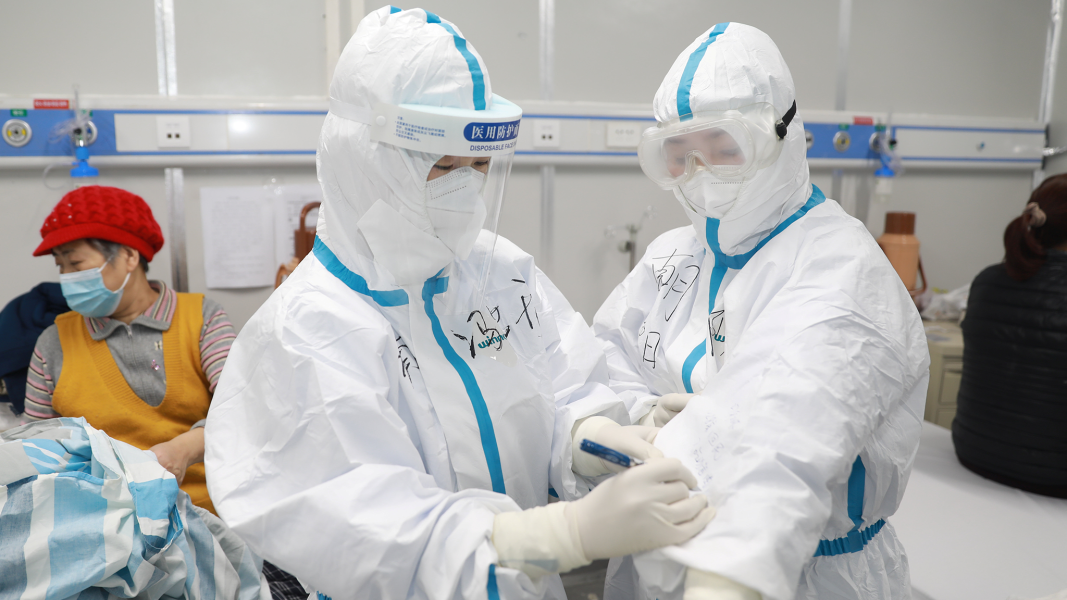Slowdown in recorded coronavirus cases in China

A few minutes every morning is all you need.
Stay up to date on the world's Headlines and Human Stories. It's fun, it's factual, it's fluff-free.
The original epicenter of the coronavirus, Wuhan, the capital city of Hubei province in central China, is experiencing a slowdown in infections for the first time since the outbreak began in December 2019.
The 16 temporary hospitals erected in Wuhan have been closed as the coronavirus threat begins to stabilize in the city where the virus first emerged.
The major slowdown in new cases is reportedly attributed to the nationwide lockdown and stringent quarantine measures by the Chinese government.
Deaths and active cases
Mainland China is, however, seeing new imported coronavirus infections in Beijing, most recently from 21 patients who returned from overseas. The rise of imported coronavirus cases has placed pressure on authorities to increase screenings at travel hubs. A 14-day self-quarantine has now been imposed on those entering major cities, such as Shanghai.
According to the country’s National Health Commission (NHC), mainland China reported 34 new confirmed cases on March 18, twice the number from a day earlier.
Eight people died from the coronavirus on March 18. So far, 3,245 deaths have been recorded in China since the beginning of the pandemic two months ago. A number of 80,928 confirmed cases have been reported in the country with 70,420 recovered patients released and 7,263 people still receiving treatment.
Call for more testing
The World Health Organization (WHO) assistant director-general Bruce Aylward says that although effective quarantine is necessary to slow down the spread of the coronavirus, extensive testing is the key. Taking China’s slowdown of coronavirus transmission as an example, Aylward argues that the measures that curbed the spread of the deadly virus come from rapid testing.
“To actually stop the virus, [China] had to do rapid testing of any suspect case, immediate isolation of anyone who was a confirmed or suspected case, and then quarantine the close contacts for 14 days so that they could figure out if any of them were infected. Those were the measures that stopped transmission in China, not the big travel restrictions and lockdowns,” Aylward told New Scientist in an exclusive interview.
He argues that most people who are currently undergoing quarantine without being tested would not be as careful as those who have tested positive.
[article_ad]
Have a tip or story? Get in touch with our reporters here!




Comments ()